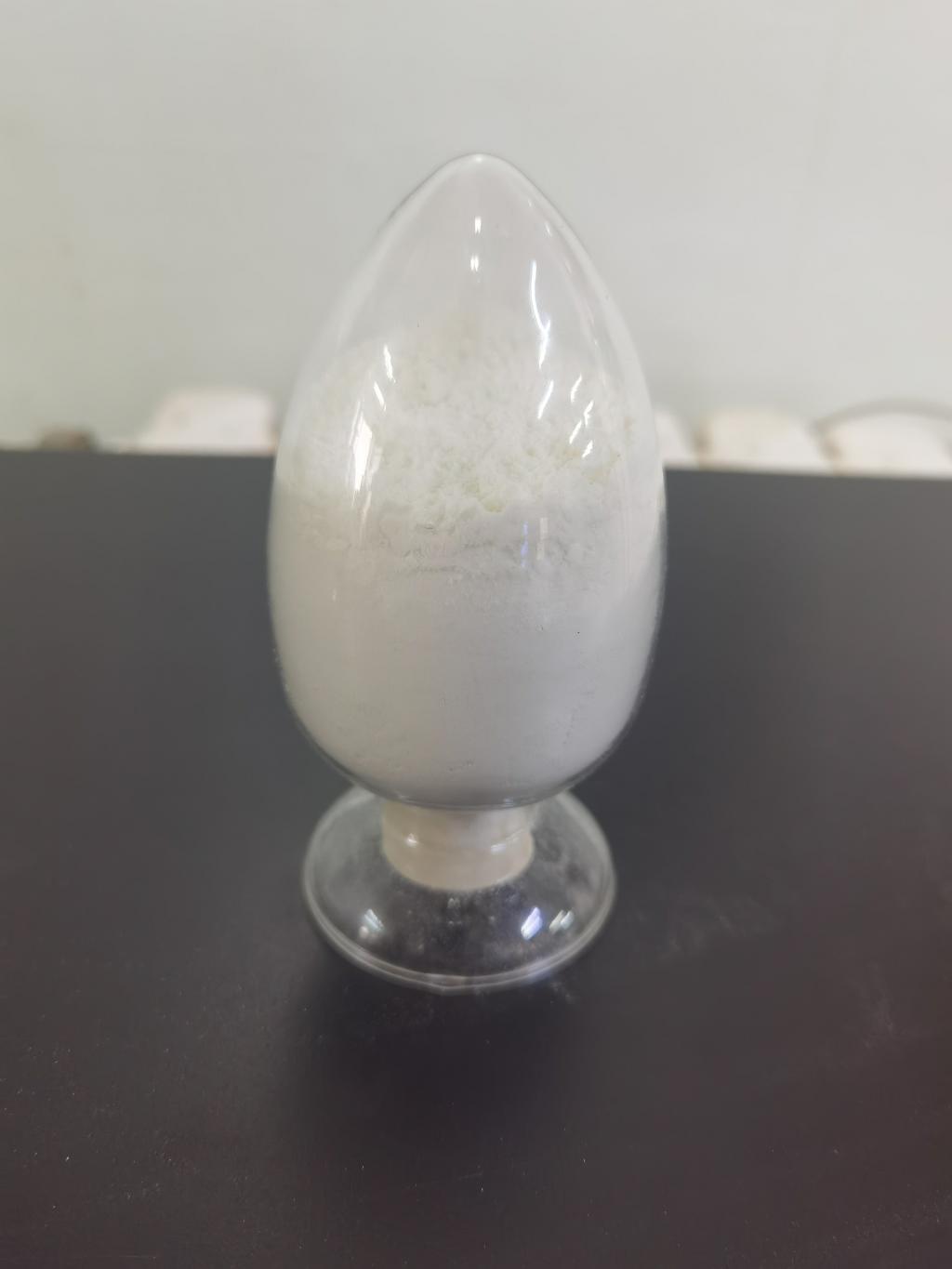Tel:+8618231198596

News
 CONTACT
CONTACT
 CONTACT
CONTACT
- Linkman:Linda Yao
- Tel: +8618231198596
- Email:linda.yao@dcpharma.cn
- Linkman:CHARLES.WANG
- Department:Overseas
- Tel: 0086 0311-85537378 0086 0311-85539701
News
Current Position:
Home >
News
>Can the ε-Polylysine hydrochloride be used in organic or natural food products?
Can the ε-Polylysine hydrochloride be used in organic or natural food products?
TIME:2023-06-05
Natural and Organic Regulations:
Before considering the use of ε-Polylysine hydrochloride in organic or natural food products, it is crucial to understand the regulatory guidelines and certification standards in different regions. Organic certifications typically have strict criteria regarding the use of additives and preservatives. While ε-Polylysine hydrochloride is derived from natural sources, its acceptance in organic certification programs may vary. It is essential to consult with organic certifying bodies and regulatory agencies to ensure compliance with the specific requirements.
Preservation of Organic and Natural Foods:
Organic and natural food products are often devoid of synthetic preservatives, which can lead to shorter shelf lives and increased susceptibility to microbial spoilage. ε-Polylysine hydrochloride offers a potential solution by providing natural antimicrobial properties. Its use can help inhibit the growth of spoilage microorganisms, extend shelf life, and maintain the quality and safety of organic and natural foods without relying on synthetic preservatives.
Compatibility with Natural Ingredients:
ε-Polylysine hydrochloride's compatibility with other natural ingredients is an essential consideration when formulating organic or natural food products. It is crucial to ensure that ε-Polylysine hydrochloride does not interact adversely with other components, impacting product quality or stability. Compatibility tests should be conducted to assess potential interactions with organic acids, enzymes, antioxidants, essential oils, or plant extracts commonly used in natural food formulations.
Broad Spectrum of Antimicrobial Activity:
One of the advantages of ε-Polylysine hydrochloride is its broad spectrum of antimicrobial activity against bacteria, yeasts, and molds. This characteristic is particularly valuable in organic and natural food products, where the absence of synthetic preservatives can increase the risk of microbial contamination. ε-Polylysine hydrochloride can help inhibit the growth of pathogens and spoilage microorganisms, ensuring product safety and extending shelf life.
Sensory Considerations:
Maintaining the sensory attributes of organic and natural food products is essential for consumer acceptance. The addition of any ingredient, including ε-Polylysine hydrochloride, must not compromise the sensory characteristics such as taste, aroma, texture, and appearance. Sensory evaluations and consumer testing should be conducted to assess the impact of ε-Polylysine hydrochloride on the overall sensory profile of the product.
Consumer Perception and Labeling:
Consumer perception plays a crucial role in the success of organic and natural food products. Transparent and informative labeling can help build trust and communicate the value of incorporating ε-Polylysine hydrochloride as a natural preservative. Clearly stating the presence of ε-Polylysine hydrochloride and its natural origin can educate consumers and address any concerns regarding the use of additives or preservatives.
Research and Development:
While there is existing research on the application of ε-Polylysine hydrochloride in conventional food systems, more studies are needed specifically in the context of organic and natural food products. Research should focus on optimizing the concentration of ε-Polylysine hydrochloride, evaluating its efficacy against specific microorganisms relevant to organic and natural foods, and exploring potential synergistic effects with other natural preservatives or ingredients.
Conclusion:
ε-Polylysine hydrochloride holds promise as a natural preservative for organic and natural food products. Its antimicrobial properties, broad spectrum of activity, and compatibility with natural ingredients make it a viable option to extend shelf life and maintain the safety of organic and natural foods. However, adherence to organic regulations, compatibility testing, sensory evaluations, consumer perception, and further research are essential to ensure successful integration of ε-Polylysine hydrochloride in organic and natural food formulations. By leveraging the benefits of this natural preservative, the industry can meet the growing demand for safe, high-quality, and sustainable organic and natural food products.
- Tel:+8618231198596
- Whatsapp:18231198596
- Chat With Skype







